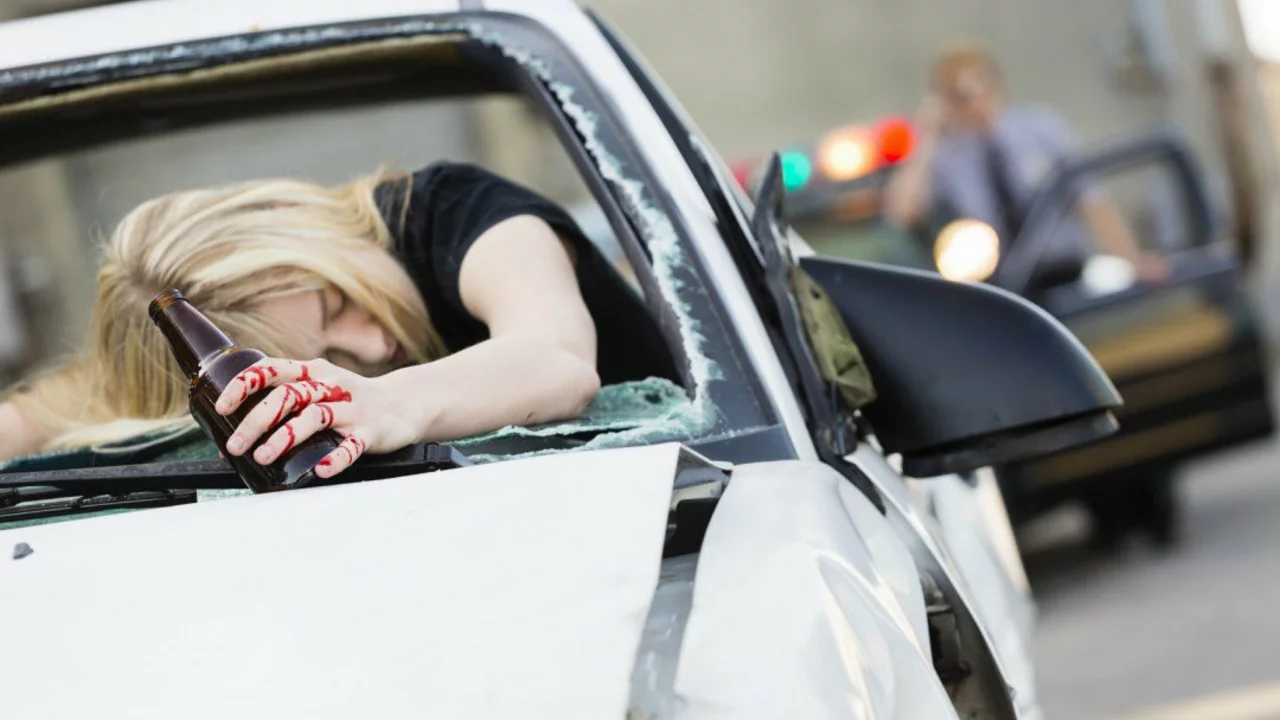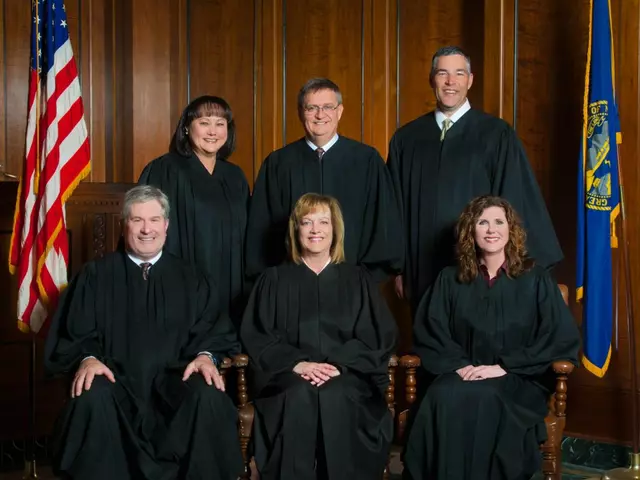Road Accident: Latest News, Safety Tips & What You Need to Know
Every time you get behind the wheel, a road accident could happen in a split second. That’s why staying up‑to‑date with the latest crash reports and knowing how to protect yourself matters. On this page we bring you fresh accident news, break down why accidents happen, and give you practical steps to stay safe.
Common Causes of Road Accidents
Most crashes share a few familiar triggers. Speeding tops the list – going even a few kilometres over the limit reduces reaction time and makes it harder to stop. Distractions are next; a text, a call, or even a GPS change can pull your eyes off the road for just long enough to cause a collision.
Alcohol and drugs still claim a huge share of serious accidents. When the brain’s judgment is clouded, you’re less likely to notice hazards or react correctly. Poor road conditions—potholes, faded markings, bad lighting—also play a big role, especially in monsoon‑prone areas where water can hide dangerous spots.
Finally, weather matters. Heavy rain, fog, or heat‑induced tyre blowouts add a layer of risk that many drivers underestimate. Knowing these factors helps you spot danger before it turns into a crash.
How to Stay Safe on the Road
First, keep your speed realistic. The posted limit is a ceiling, not a target. Adjust your pace to traffic, weather, and how you feel that day. If you’re tired, pull over for a quick nap or switch drivers—sleep deprivation is as dangerous as drinking.
Put your phone on "Do Not Disturb" while driving. If you must use a GPS, set the destination before you start moving and keep the device in a mount. Simple habits like checking mirrors every few seconds and using turn signals can prevent most minor collisions.
Wear your seatbelt every trip, even short ones. It’s the most effective safety device and works across all speed ranges. If you’re a passenger, make sure the driver follows the same rules; a safe ride starts with everyone buckled up.
Know the emergency steps if a crash does occur. Move to a safe spot if the vehicle is still operable, turn on hazard lights, and call emergency services immediately. Exchange details with the other driver—name, contact, insurance—but avoid arguing about fault on the spot. Document the scene with photos; they’re useful for insurance claims and any later investigations.Finally, stay informed. Follow local traffic updates, subscribe to real‑time alerts, and check our road accident tag for the latest stories. Knowing where accidents have happened recently can help you choose alternate routes or drive more cautiously in those zones.
Road accidents are unpredictable, but you can control how you respond. By watching your speed, staying distraction‑free, and being ready to act if something goes wrong, you cut down the chance of injury dramatically. Keep checking this page for fresh accident news and practical advice—your daily dose of safety in one click.



